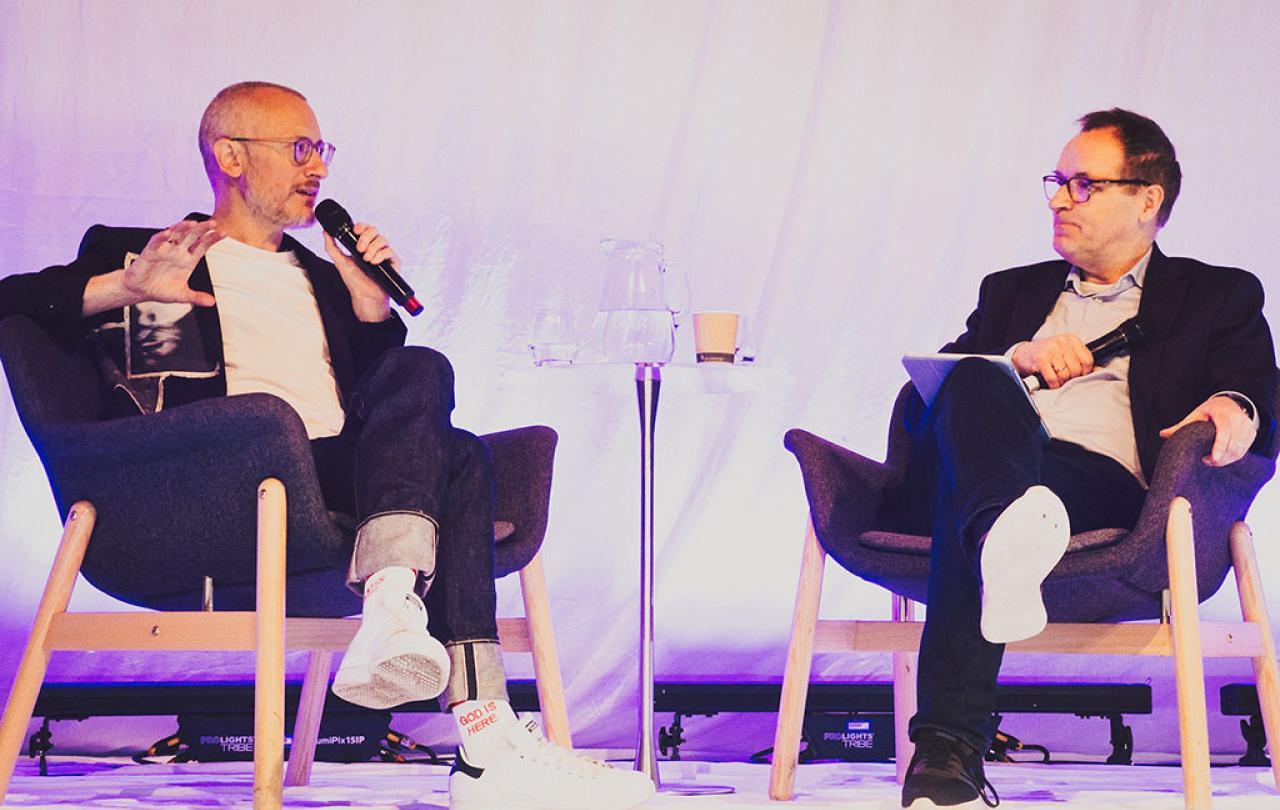
Western Europe is weird. You may not think so if you’ve lived there your whole life. But if you’ve ever travelled anywhere else, you might notice a few oddities.
One of the strangest things about Western Europe is that it’s the only place in the world, at any point in time, that thinks of itself as ‘secular’, i.e. mainly non-religious. Everywhere else throughout history, people have not only been religious but have held religion as the most important framework for understanding reality. For them, the physical world is not all that exists, and the physical world did not cause itself. Something beyond the physical world must be responsible for it, and the ultimate source of meaning, value, and truth can only be found in that ‘beyond’.
Most things that matter can’t be proven
Religious commitments can’t be proven. But then, most things that matter can’t be proven. Your political views, your most significant life choices, what you think most worthwhile and admirable – none of these things are open to scientific proof. You can’t avoid orienting your life by commitments that are unproven and unprovable. The question is: what unproven commitments are you going to hold?
That’s why belief matters. Belief means becoming conscious of the principles that guide our behaviour – and then articulating them. A religion is simply an organised system of beliefs and practices that finds ultimate meaning in its bond to realities beyond the physical. The word ‘bond’ matters here. It is a translation of the original meaning of the Latin word religio which meant ‘to bind’.
The fundamental principles of Christian belief can be found in an ancient text called the Nicene Creed. This creed was written during a time when Christianity was struggling to define itself in contrast to many competing religions and philosophies. Ever since then, it has been seen as the definitive articulation of what it means to believe in Christianity.
The DNA of belief
The technical word for the Nicene Creed is ‘dogma’. But let us not be misled by that word. These days being ‘dogmatic’ can mean having a stubborn attitude that flatly refuses to question or debate some tightly held opinion. It can also conjure up images of people being kicked out of their communities for denying or questioning it. ‘Dogma’ is not a word that denotes open mindedness, humility, or inclusiveness. But in fact, dogma is just the DNA of a religion or belief system, the essential features that make it what it is. Atheism also has dogma. An atheist may, of course, start to believe in God. But if they do, they may not continue to call themselves an atheist. Similarly, a Christian may question the Nicene Creed. But they must be clear that what they are questioning is Christianity itself, and if they lose belief in any part of it, they are thereby abandoning the Christian faith.
Nobody can avoid living their life by unprovable and unseen principles. You can avoid becoming aware of them, but why would you want to do that? They are the lens through which you view the world and they affect every decision you make. For that reason alone, the Nicene Creed, as one of the available lenses, is worth a look.





